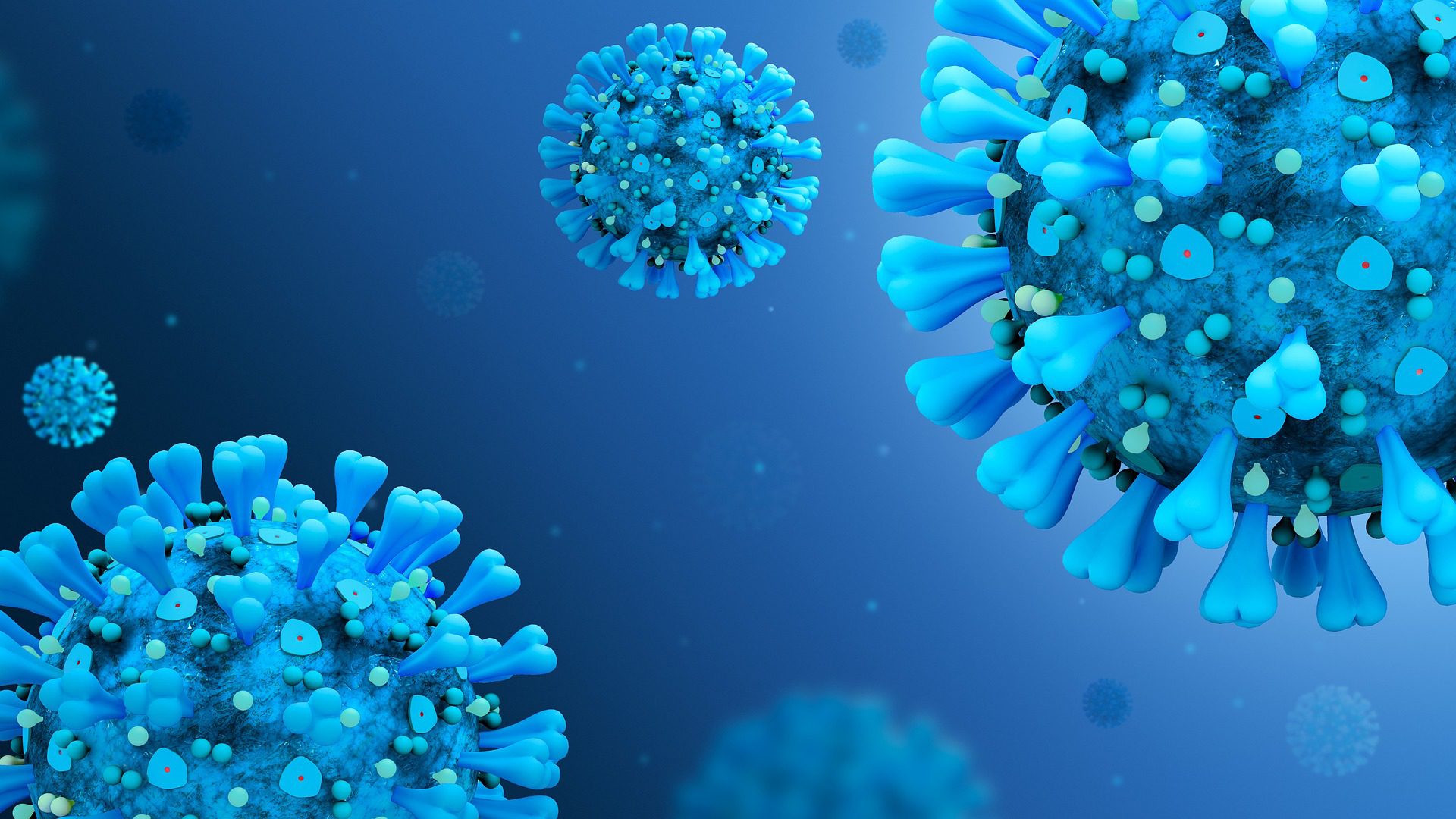The recent call to stay at home and isolate to halt the spread of Coronavirus hits those struggling with alcohol abuse harder than most. Keep reading to hear from Go Sober co-founder, Greg Hoffman, to learn about how the quarantine can impact those individuals struggling with alcohol. If you or someone you love is struggling with alcohol, contact us to see how we can help with our medical alcohol treatment program.
COVID-19 Quarantine Poses Serious Threat to Those Struggling With Alcohol Abuse


0 Comments